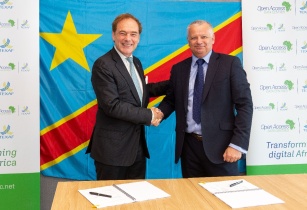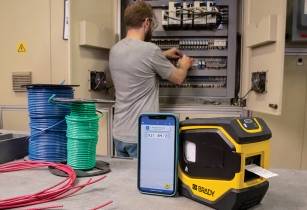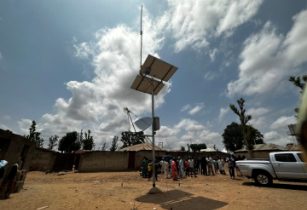With its young and increasingly tech-savvy workforce, African entrepreneurs are swiftly adapting technology in their businesses to become innovative drivers of social and environmental change
Two leading impact engineers from Uganda, Enock Julius Naika and Boris Nahabwe, are working to change the business landscape on the continent.
In October, they both attended the Social Enterprise Open Camp (SEOC) in Italy, with the support of the International Trade Centre’s NTF V #FastTrackTech project.
The four-day event brought together close to 300 people, creating a unique space for peer-to-peer exchanges and meetings with key stakeholders in a mix of workshops, debates, keynote speeches, round-table meetings, and clinics.
“The presentations and interactions helped open up our minds, to look at innovations with a sense of purpose. It was really interesting interacting with global players operating on a larger scale,” said Nahabwe.
“We came away from the event asking ourselves how are we going to innovate further so we can reach more people and better our communities. It is a conversation we are now having in-house,” Nahabwe said. “We are having a team retreat to focus on how can we innovate to make the world a better place.”
Naika’s company Famunera is a digital marketplace that operates both from a website and from low-data text messaging. The system applies blockchain technology so food exporters can digitally trace and document their products, while sourcing genuine farm inputs and boosting export market linkages. This creates reliable employment opportunities for smallholder farmers.
The social enterprise event focuses on immersing participants in the world of social digital entrepreneurship and knowledge exchange rather than investment. But Naika said the relationships and networks created there also matter.
“African innovators like me in the food and agriculture space, with the right platforms and funding, we can reach our full potential to contribute positively towards solving the questions of food safety and security to feed an ever-growing human population,” Naika said.
He noted his company had managed to aggregate a number of potential enquiries of different food products, especially fruit and vegetables from the event. “We are following up to actualise them,” he said.




































